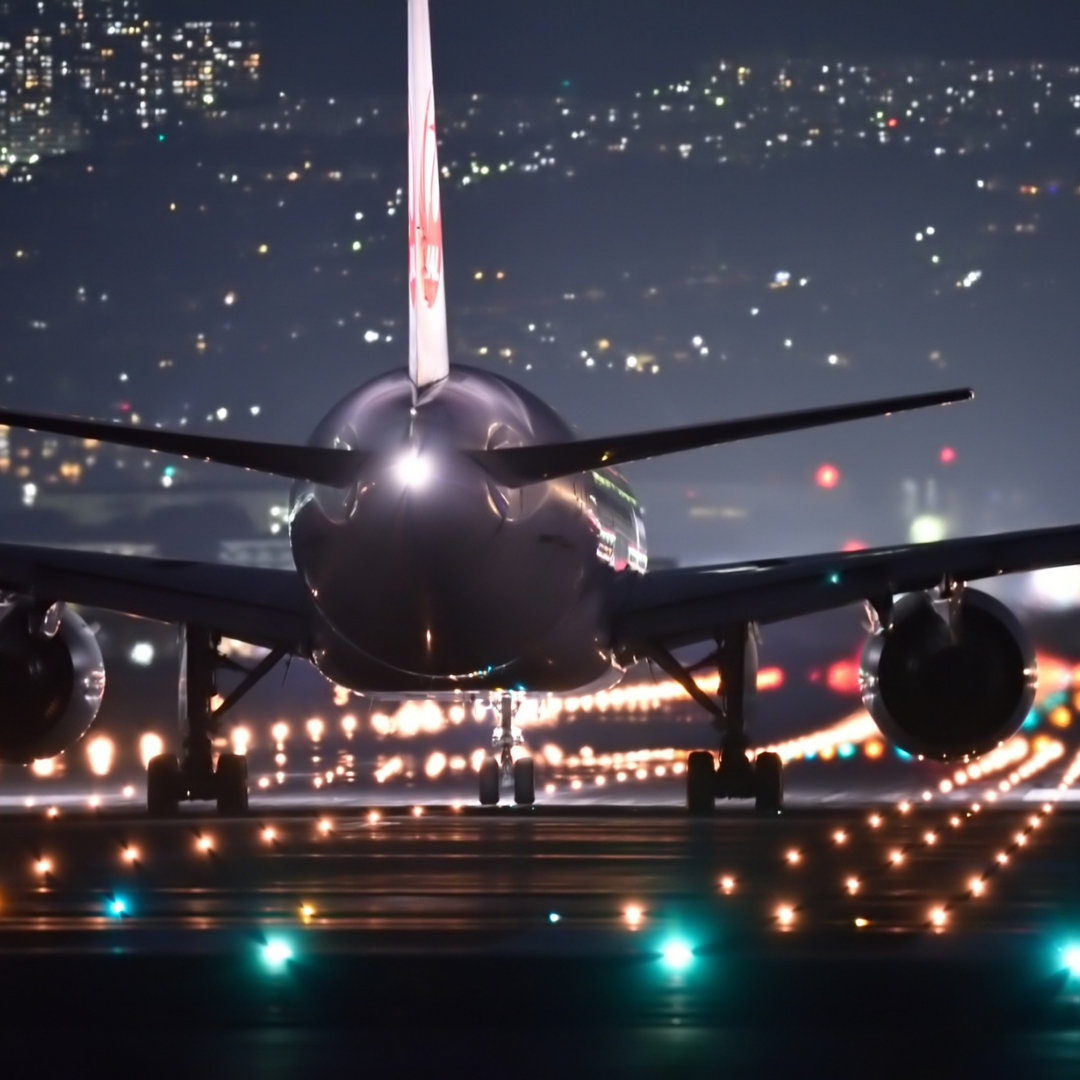The White House announced on September 20, 2021, that all foreign nationals will be required to show proof of full COVID vaccination to board a flight to the United States. Some exceptions may apply to children, COVID-19 vaccine clinical trial participants, and individuals traveling for important reasons who lack access to a vaccine in a timely manner. The CDC will provide details on which vaccines will be accepted.
The new vaccine requirement will be in addition to existing COVID test requirements for air travelers, which require a negative COVID test taken within 3 days prior to traveling, or documentation of recent COVID recovery.
This requirement will coincide with cessation of the regional COVID air travel bans currently in place for the countries of Brazil, China, India, Iran, Ireland, the Schengen Area, South Africa, or the United Kingdom. For those areas, this policy is a shift from imposing restrictions on specific regions towards focusing on the individual. However, current travel bans for all “non-essential” land travel from Canada and Mexico have been extended to October 21, 2021. Hopefully, the US will be able to adopt similar policies at our northern and southern borders soon.
Important to note – foreign nationals who are not currently subject to any existing travel bans will now experience an added requirement for travel to the U.S.
While the new policy will simplify travel for many as they are no longer subject to the ever-changing policies and processes from national interest exceptions (NIEs) to travel bans, processing backlogs at U.S. consulates may increase. Travelers are cautioned to expected travel delays if they need a U.S. visa.
This is a developing story – the White House has not yet released an official policy document regarding the vaccination requirement. For the latest news, stay tuned to WR Immigration.


